Information democracy
Powerful companies and governments control the way the internet and new technologies are deployed. These actors blur the lines on corporate power in ways that have tremendous impact on people and democracies. The dominant business model of ‘Big tech’ platforms is based on surveillance, polarization and power imbalances. This ‘surveillance capitalism’ has had a global impact on democracy. For example, state and private actors can use the internet and technologies to spread political disinformation, to manipulate electoral results, to attack human rights defenders and to limit civic space.
Filter resources
-
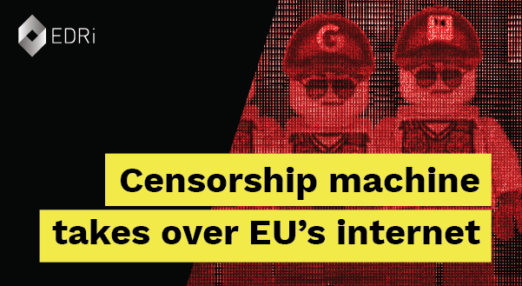
EU Member States give green light for copyright censorship
Today, on 15 April 2019, European Union Member States gave their final approval to the text of the copyright Directive as it was adopted by the European Parliament on 26 March. This vote in the Council of the EU was the last procedural requirement in the EU law-making process. Now the Directive, once translated and […]
Read more
-

Public campaigns on digital rights: Mapping the needs
In February 2019, the Digital Freedom Fund (DFF) strategy meeting took place in Berlin. The meeting was the perfect occasion for experts, activists, and litigators from the broad digital and human rights movement to explore ways of working together and of levelling up the field.
Read more
-
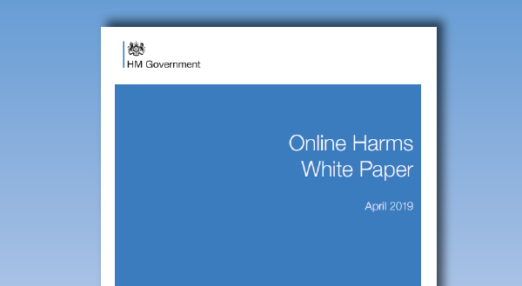
UK: Online Harms Strategy must “design in” fundamental rights
After months of waiting and speculation, the United Kingdom government Department for Digital, Culture, Media and Sport (DCMS) has finally published its White Paper on Online Harms – now appearing as a joint publication with the Home Office. The expected duty of care proposal is present, but substantive detail on what this actually means remains […]
Read more
-

Filters Incorporated
On 26 March 2019, the European Parliament (EP) adopted the new copyright Directive. The music industry and collecting societies celebrated it as a victory for authors and creators, despite actual authors (along with civil society groups) being worried about the outcome.
Read more
-

Terrorist Content Regulation: Successful “damage control” by LIBE Committee
Today, on 8 April 2019, the European Parliament Committee on Civil Liberties, Justice and Home Affairs (LIBE) adopted its Report on the proposed Regulation for moderation of terrorist content online. Released by the European Commission in September 2018, the proposal was very welcomed in the Council of Member States, which rapidly concluded a political agreement […]
Read more
-
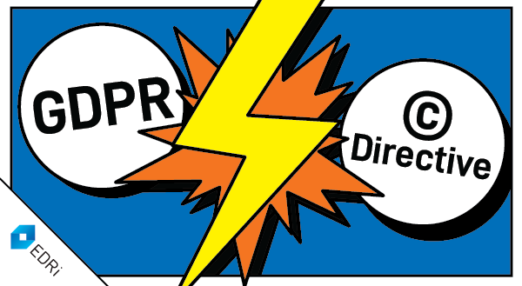
GDPR incompatibility – the blind spot of the copyright debate
The debate around the Copyright Directive reform has been intense. Former Article 13, which became Article 17 in the text voted by the European Parliament on 26 March, created the greatest controversy between stakeholders arguing about the so-called “value gap” in the creative sectors, upload filters, and a new platform liability regime, among others issues. […]
Read more
-

Google fined 1,5 billion euro for abusive online ad practices
On 20 March, the European Commission imposed yet another massive fine, 1,5 billion euro, on Google. The Commission Directorate-General for Competition stated that the data company has abused its dominant position in the online advertising market by imposing restrictive contracts with third-party websites that prevented rivals from placing their search adverts on these websites.
Read more
-
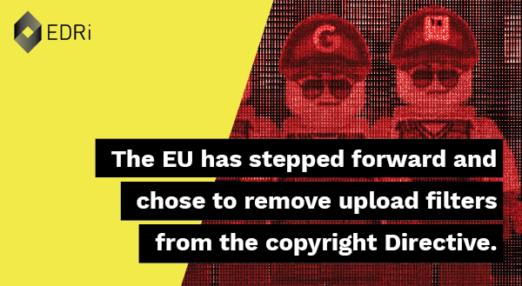
EU Parliament stands up against censorship machine
Today, on 26 March, the European Parliament voted against adopting the controversial upload filters as part of the copyright Directive text. This vote comes after what was an intense campaign for human rights activists, with millions of calls and emails from concerned individuals, as well as Europe-wide protests. XXX Members of the European Parliament adopted […]
Read more
-
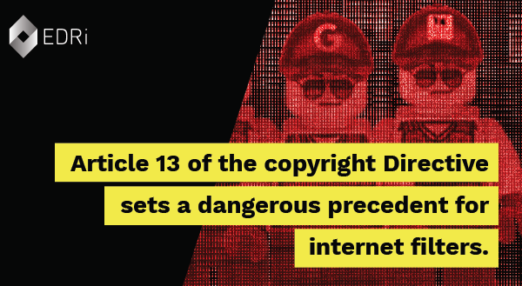
Press Release: Censorship machine takes over EU’s internet
Today, on 26 March, the European Parliament voted in favour of adopting controversial upload filters (Article 13/17) as part of the copyright Directive. This vote comes after what was an intense campaign for human rights activists, with millions of signatures, calls, tweets and emails from concerned individuals, as well as Europe-wide protests. Despite the mobilisation, […]
Read more
-
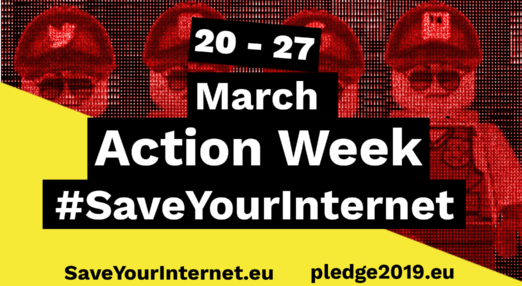
Join the ultimate Action Week against Article 13
The final vote on the Copyright Directive in the European Parliament plenary will take place on 26 March. A key piece raising concerns in the proposal is Article 13. It contains a change of platforms’ responsibility that will imminently lead to the implementation of upload filters on a vast number of internet platforms. The proposed […]
Read more
-

Open letter: Regulation on terrorist content online endangers freedom of expression
On 18 March 2019, together with seven other organisations, EDRi sent a letter to Members of the European Parliament (MEPs), to share our concerns with regards to the draft Regulation on preventing the dissemination of terrorist online content. The European Parliament Committee in Civil Liberties, Justice and Home Affairs (LIBE) is set to vote on […]
Read more
-

All you need to know about copyright and EDRi
The last vote on the Copyright Directive’s final text is set to take place on 26 March. Ahead of this crucial vote in the European Parliament plenary, here is some background on EDRi’s priorities around this topic.
Read more
